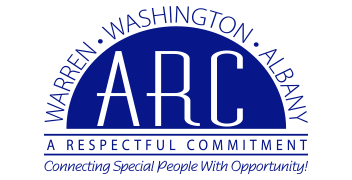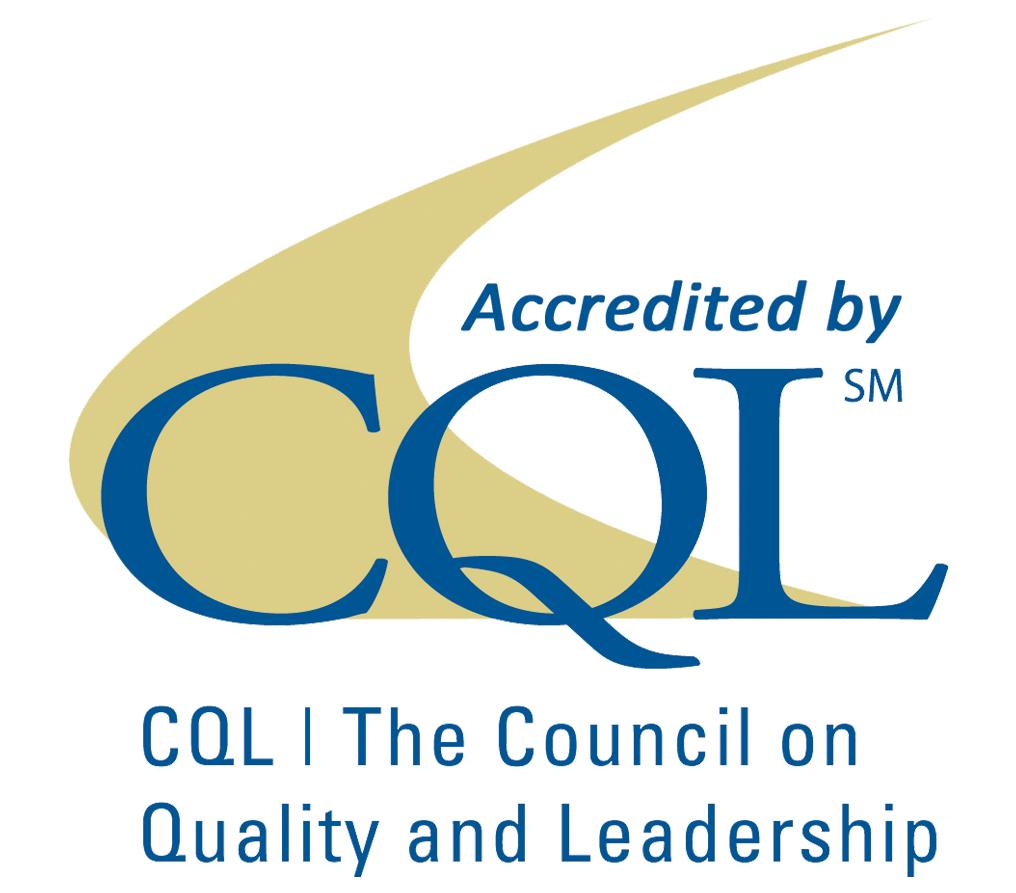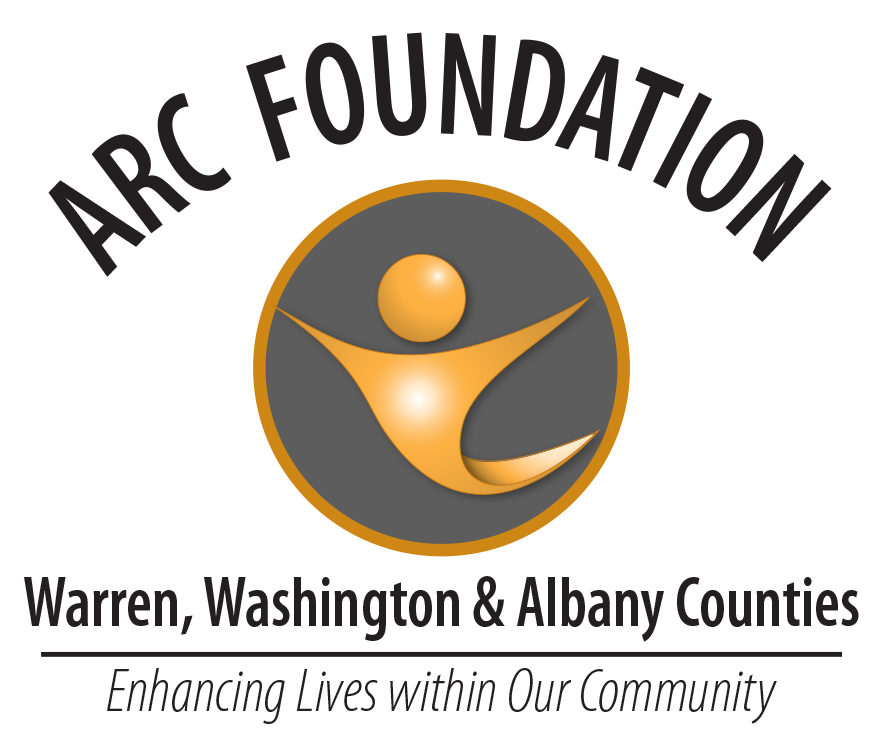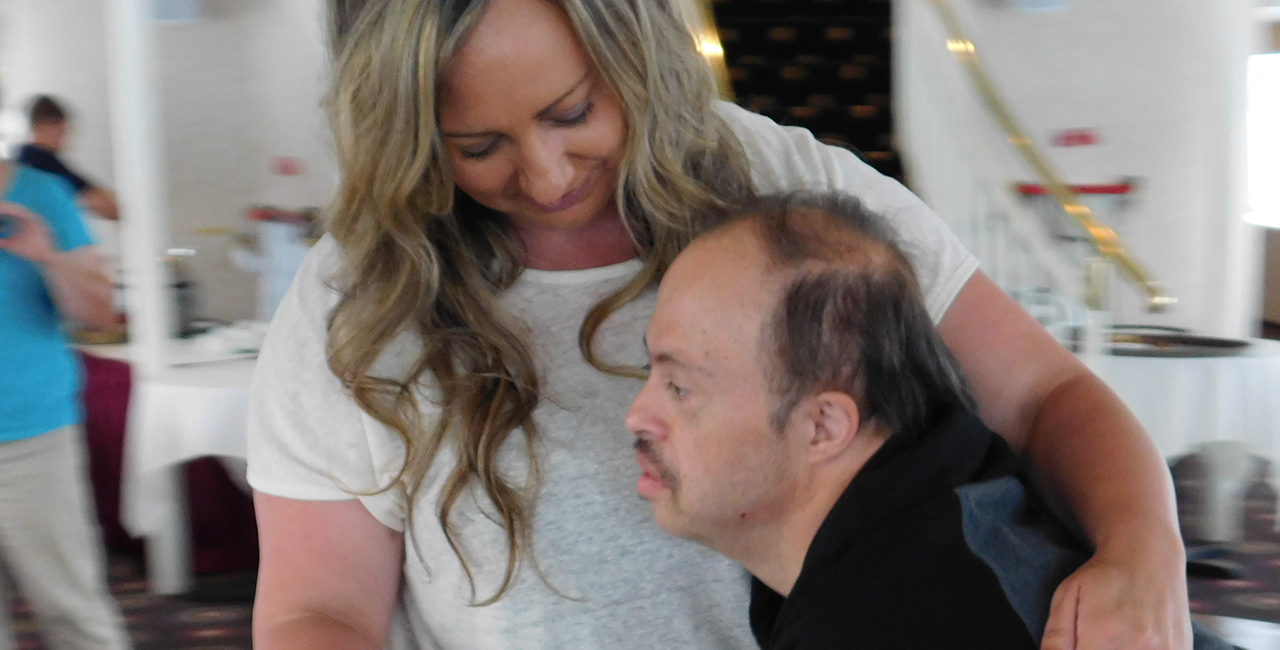Guardianship
Many families wonder whether or not it is important to become a legal guardian (court-ordered appointment) of their loved one who has an intellectual and/or developmental disability. In New York State, parents no longer have legal authority regarding their children as of the age of 18, and therefore, cannot legally continue to make decisions on their behalf. For parents of people with intellectual and/or developmental disabilities, Article 17A of the Surrogate’s Court Procedure Act was passed to extend their decision-making authority for their loved ones who are 18 years of age or older.
Guardianship is a legal arrangement under which one person (the guardian) has the legal authority and responsibility to care for another and his or her property. A guardianship is established on behalf of a person when it has been determined that the person does not have the ability to legally act on his or her own behalf or manage his or her personal affairs without assistance. The legal guardian acts solely on the best interest of the person and advocates to ensure appropriate medical care as well as supports the emotional and social needs of the person. Listening to the needs and wants of the person and advocating on his or her behalf to receive all appropriate and necessary supports such as day and employment services, residential, recreation and others are important, inherent qualities of a guardian. This is all accomplished while respecting the person’s dignity and focusing on the person’s needs, wants and quality of life as defined by the person; assisting with decision-making as needed; and nurturing the person’s unique personality and abilities. A guardian is also there to assist and support the person’s emotional and spiritual well-being when life takes a turn and difficult decisions need to be made.
A legal guardian is someone who is actively involved in the person’s life; this relationship is based on trust. Many times, it is the person’s parents, sibling, family member or close friend. Some factors to consider if you and your loved one are contemplating guardianship are your commitment and availability to the person, your age and health, and how the person feels about having you as his or her guardian.
For a person with intellectual and/or developmental disabilities who may need the supports from a guardianship but do not have anyone in their lives who may be able to assume that role, WWAARC provides Corporate Guardianship and fulfills the responsibilities of a legal guardian. Corporate Guardianship, which also falls under Article 17A of the Surrogate’s Court Procedure Act, applies only to Guardianship of the Person and not Guardianship of the property.
For more information:
Deborah Kiskis, Sr. Director of Special Projects and Administration/Guardianship Coordinator at (518) 935-4386
To get in contact with us please click Here
WWAARC RECEIVES GRANTS FROM NYSARC TRUST SERVICES
Click here for details






